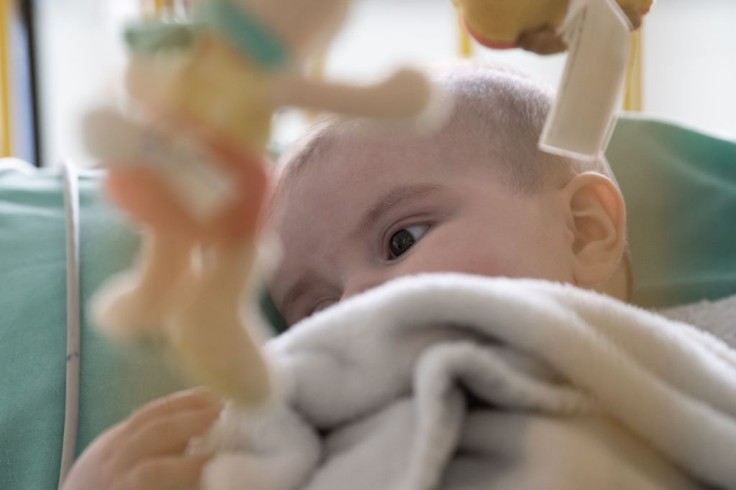
Infant rockers, those popular reclined seats designed to gently soothe babies, have recently become a focal point of safety concerns.
A comprehensive report released by the Consumer Product Safety Commission (CPSC) has shed light on a disconcerting trend of injuries and fatalities associated with these beloved baby products.
In response to these alarming findings, the CPSC is taking significant steps to enhance safety regulations and protect infants from potential harm. This development has sparked a vital conversation among parents, manufacturers, and safety experts.
CPSC's Mission to Improve Infant Rocker Safety
The CPSC staff's report uncovered a troubling statistic, 88 reported injuries connected to infant rockers during a specific period. Many of these injuries occurred when the rockers tipped over, resulting in harm to the infants.
To address this critical issue, the CPSC is proposing an array of safety regulations geared towards making infant rockers safer for use. These regulations are aimed at ensuring that infant rockers are designed with the utmost safety in mind.
The CPSC's proposed infant rocker safety regulations emphasize the importance of making these products more stable and less prone to tipping over.
Additionally, these regulations will require manufacturers to adhere to strict safety testing protocols. Furthermore, the CPSC is committed to preventing potential strangulation hazards caused by hanging straps, a common concern associated with infant rockers.
CPSC's Proposed Infant Rocker Safety Regulations
The CPSC's proposed safety regulations for infant rockers are comprehensive and aim to mitigate the risks associated with these products. The regulations encompass several key areas of concern:
Firmness and Flatness: One of the primary objectives of the proposed regulations is to ensure that infant rockers are firmer and flatter. This step is crucial in reducing the risk of suffocation for infants using these products.
Stability and Safety Tests: The CPSC's recommendations include rigorous stability and safety tests. These tests are designed to assess the overall safety and stability of infant rockers to prevent accidents and injuries.
Strangulation Prevention: To prevent strangulation hazards, the proposed regulations target hanging straps on infant rockers. By addressing this concern, the CPSC aims to eliminate one of the potential dangers associated with these products.
Warning Labels: In addition to design changes, the CPSC is advocating for prominent warning labels on infant rockers. These labels will emphasize the hazards linked to the use of rockers, particularly concerning infants' sleep. Caregivers will be strongly discouraged from allowing babies to sleep in rockers or placing soft bedding in these products.
Dr. Rachel Moon, who leads the Sudden Infant Death Syndrome task force for the American Academy of Pediatrics, acknowledges the significance of the CPSC's efforts to enhance infant rocker safety.
She emphasizes the importance of making infant rockers foolproof to prevent unsafe usage. However, Dr. Moon remains concerned that infants could fall asleep in an inclined position, potentially compromising their breathing, even with the proposed safety regulations in place.
The Road Ahead for Infant Rocker Safety
The CPSC's four commissioners are scheduled to convene on October 4 to determine whether to adopt the proposed safety regulations. Following this decision, there will be a public comment period before finalizing the rules, a process that could extend over several months or even years.
In anticipation of the upcoming vote, the CPSC has refrained from offering any comments on the proposal. Leading manufacturers of infant rockers, including Fisher-Price, Kids2, Beaba, and 4 Moms, have diverse responses to the CPSC's proposal.
Fisher-Price, for instance, defended the safety of its rockers in a letter to Congress, asserting that their products are safe when parents closely monitor their infants and use proper restraints.
Meanwhile, 4 Moms, which previously recalled a rocker due to a strangulation hazard, expressed openness to potential changes and highlighted the absence of incidents linked to its product that remains available for sale.